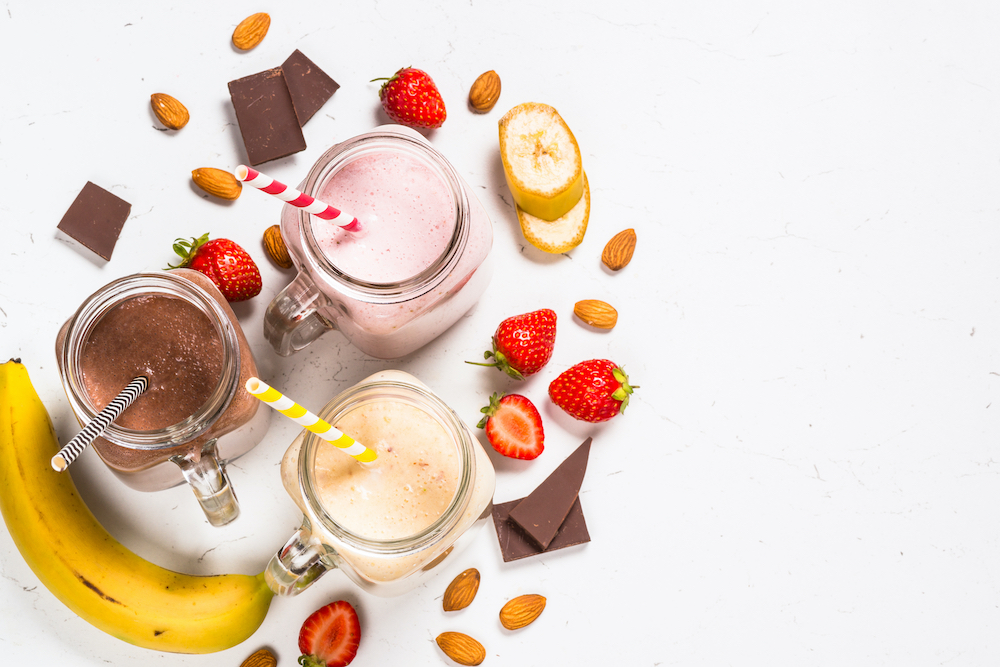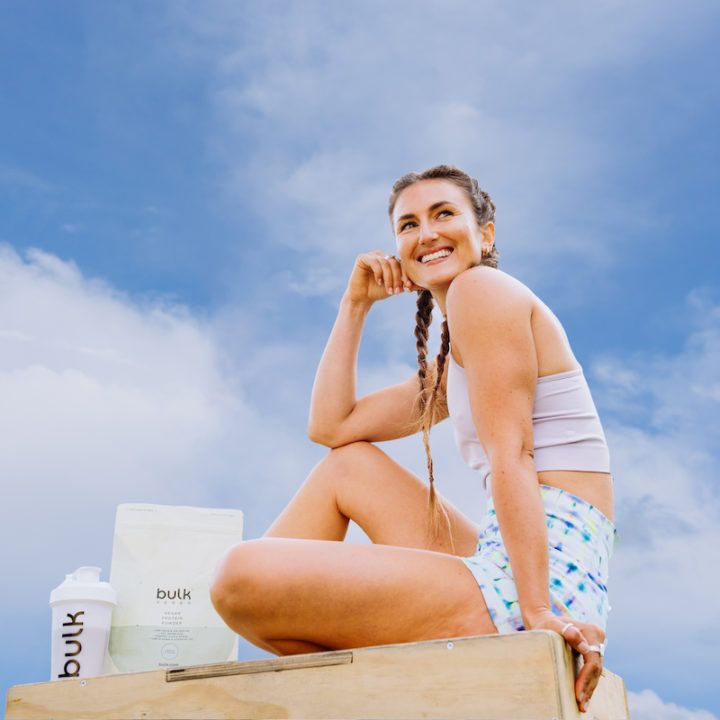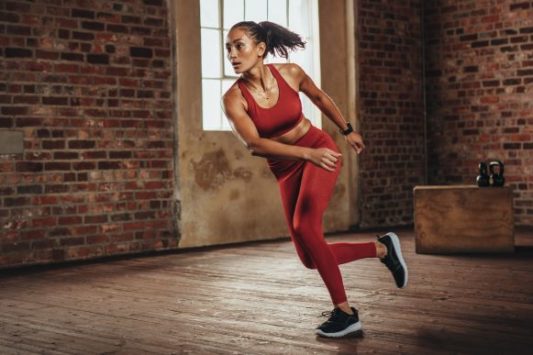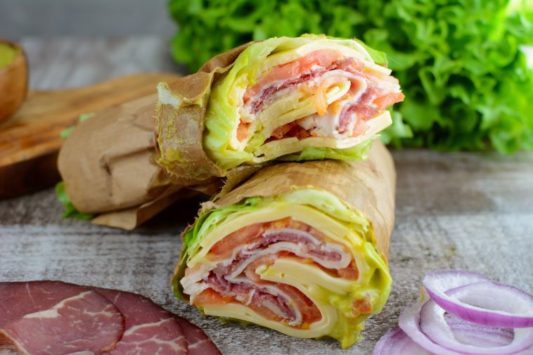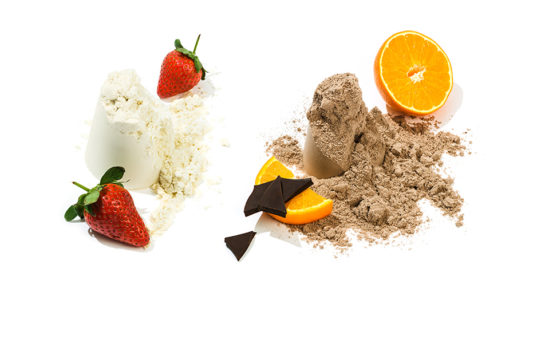You probably understand enough to know that if we are in a calorie surplus, we will likely gain weight. If we are in a calorie deficit the law says we should lose weight. When all of the body’s systems are functioning correctly, you would be right. So why might this not be working for you?
Granted, it could be a number of reasons. one of the biggest issues I regularly see that prevents people from achieving their desired body compositional goals is the consumption of too many “Liquid Calories”.
So if you regularly consume a lot of anything that isn’t water, black coffee or herbal teas, then this article may provide an insight on the problem area. Even seemingly healthy beverages like orange juice contains about 100cals and between 18-21 grams of sugar, is gone in seconds, and provides about as much of a satiety effect as a big gulp of air.
OVERVIEW
Any liquid that contains calories can fall into the bracket of ‘Liquid Calories’, however, some are a lot more calorie dense than others. In fact, all liquids except water will contain calories. However, there are different macronutrient breakdowns between different sources of liquid calories and some sources should be preferred to others. Sodas or sweetened beverages will be far less beneficial than protein shakes and vegetable soup and will affect the body’s systems differently.
EVIDENCE ON LIQUID CALORIES, SATIETY AND OBESITY
The evidence reviewed by Barron (2009) indicates that calories derived from food is actually acknowledged and registered in the brain, and subsequently restricts one’s desire for food. As a person eats real, whole, solid foods, the release of the hunger hormone known as ghrelin is suppressed.
Liquid calories fail to trigger this response. Therefore, individuals will continue to consume beverages and other types of drinks as long as they are available to them, unless of course they are cautious of their caloric intake. Usually a person will not restrict their intake of solid foods, despite a high intake of liquid calories. In the long-run, this leads people to consume more calories than required, resulting in a calorie surplus and subsequent weight gain.
Drewnowski and Bellisle (2007) notes that the frequent consumption of liquid calories leads to weight gain and is an influential factor in the obesity epidemic. For a lot of people liquid calories have no effect on appetite and subsequent food intake. Experimental studies on animals indicate that a high fructose liquid contained in many sweetened beverages prevents the secretion of insulin and production of leptin, subsequently resulting in weight gain.
Hence, without realizing it, by regularly consuming anything other than water, black coffee or herbal teas, you will find that you are likely to consume more calories than you actually require or desire. This could possibly be the driving force behind your weight gain or lack of weight loss.
DIFFERENCE IN DIGESTION
How liquid calories are digested will largely be determined by the macronutrient breakdown of the source. Most commonly consumed liquid calories are made up in large parts by carbohydrates (sugar). Whether sugar is added or it contains a lot of natural sugar, without fibre present, both will be rapidly digested, elevating blood sugar while providing minimal satiety. Solid whole food carbohydrates usually contain fibre, making them more satiating and slow down the digestive process allowing for better blood sugar regulation.
Food items like Peanut Butter are perfect real food options that are high in protein and fibre, helping to promote slower digestion and better blood sugar regulation.
BENEFIT OF LIQUID CALORIES IN MUSCLE HYPERTROPHY
There are benefits to ingesting liquid calories. As you are very much aware a high calorie diet is imperative in gaining muscle hypertrophy. With new clients who have not developed the habit, they often find it difficult to consume the recommended volume of food. Liquid calories can help them to meet their caloric requirements without feeling full; hence avoid stomach discomfort associated with eating a large portion size. Some of the best liquid calorie sources for muscle hypertrophy include yoghurt, liquid meal supplements and protein shakes. A liquid calorie post workout shake is important as it is more easily transported, ingested and absorbed then alternative post workout options. It also helps to initiate protein synthesis and counteract the effects of muscle breakdown.
The Australian Sports Commission (2009) recommends a liquid calorie high in carbohydrate and with adequate proteins. In a study conducted by Mitchell et al. (2014), individuals went through an MRI scan to determine the muscle volume of their right thigh after ingesting a protein rich beverage. The individuals engaged in a 5- day strength resistance training, but biopsies were taken at 1, 3, and 6 hours after the exercise. The biopsies revealed significant increases in myofibrillar protein synthesis from the first hour to the sixth hour. In addition, the muscle size had increased after the 5-day resistance training.
SUMMARY
It’s relatively simple really. Depending on your goals liquid calories can be your best mate or your worst enemy. If you are a health conscious individual that watches what they eat and still struggles to make progress improving your body composition, try eliminating anything that’s not water, black coffee, herbal teas or a good quality whey protein shake. On the flip side, if you struggle gaining muscle, but can’t possibly consume the calories needed to reach your goals, liquid calories can be a helpful ally.
